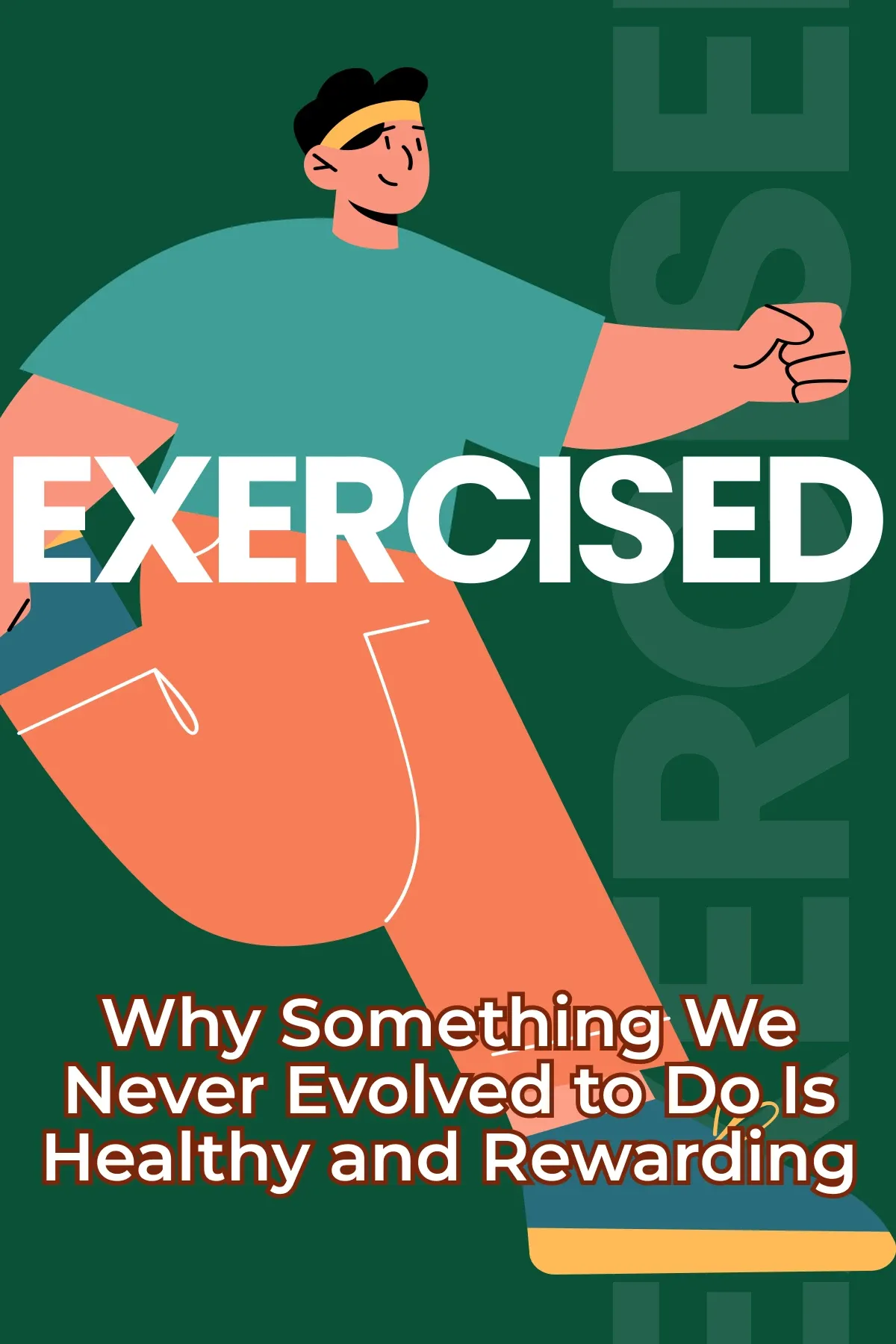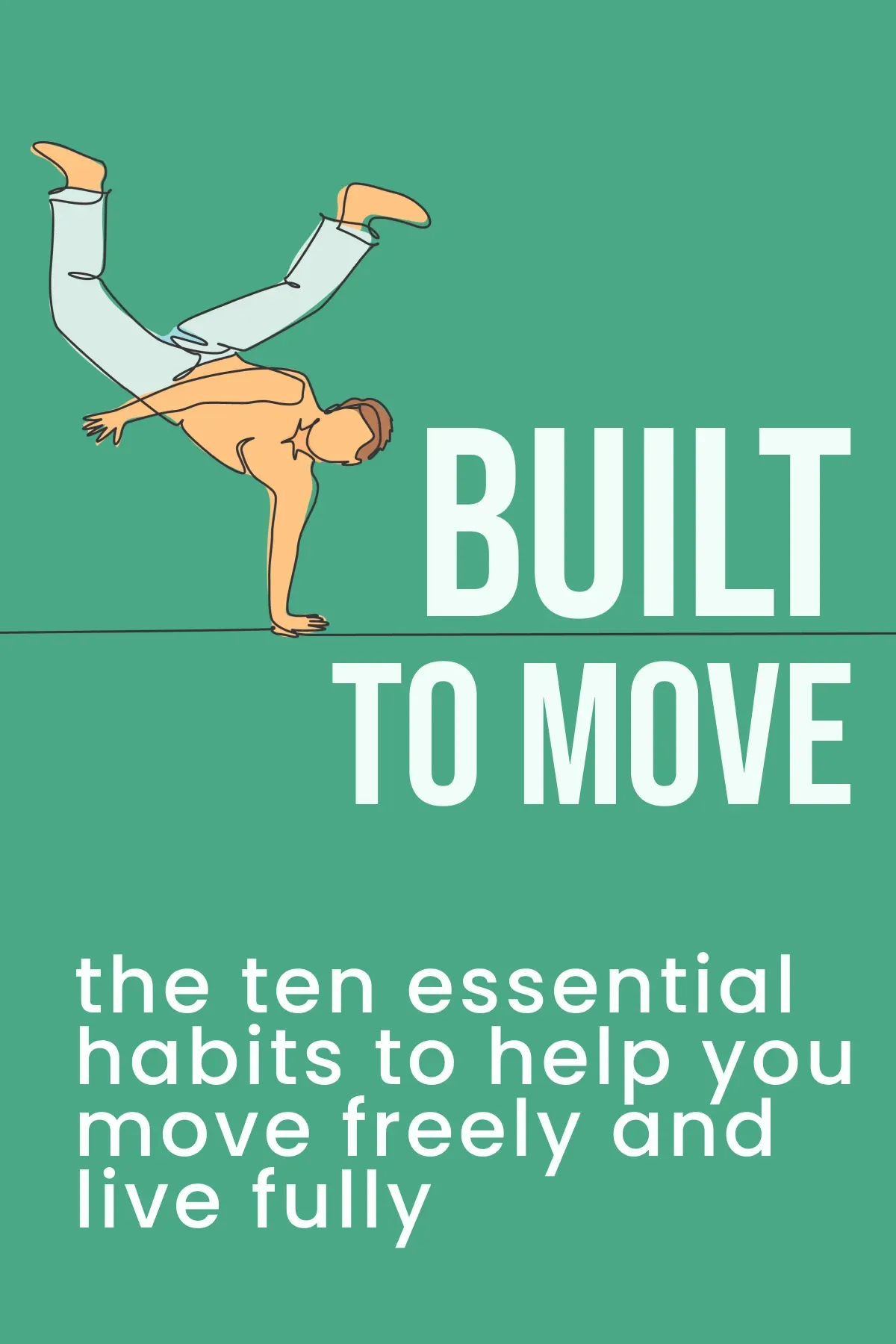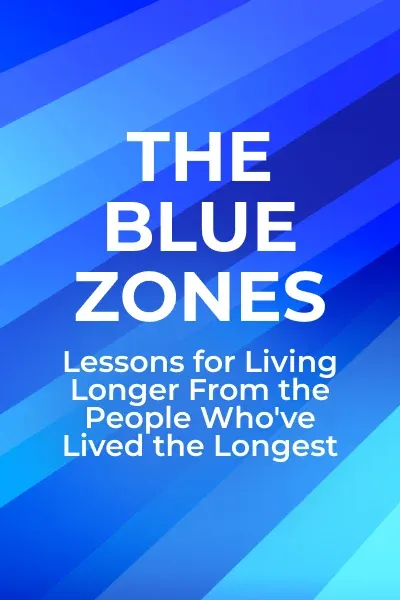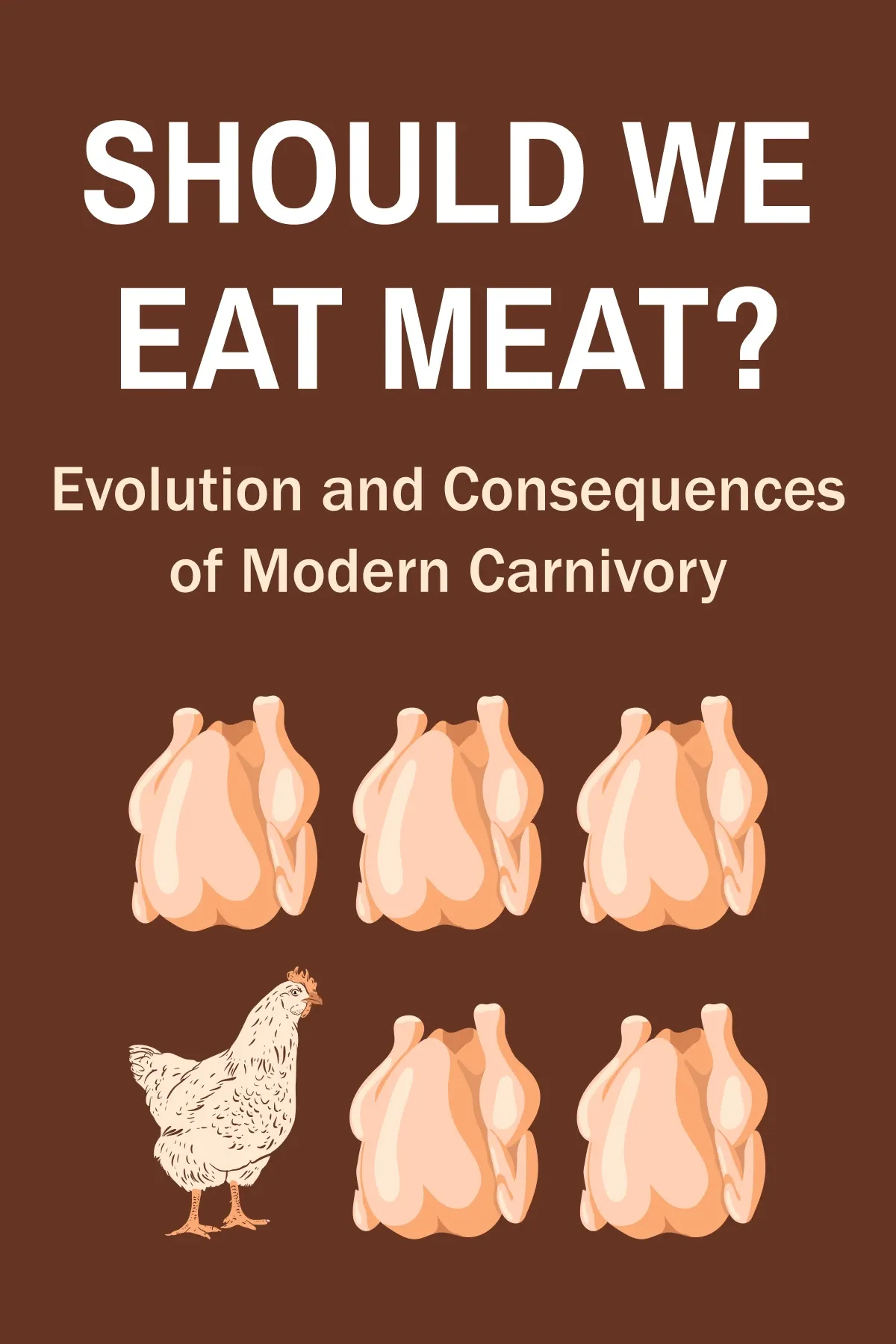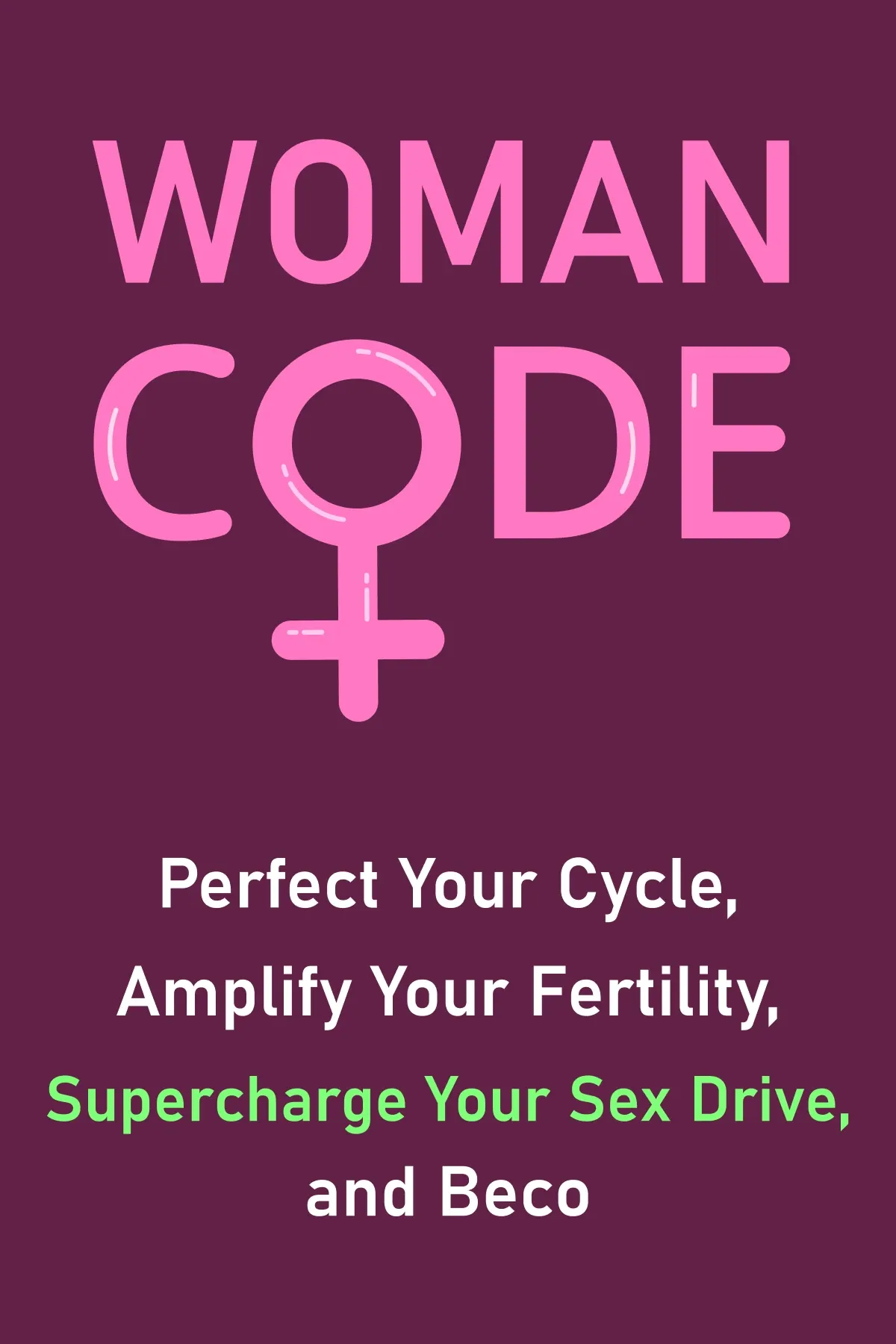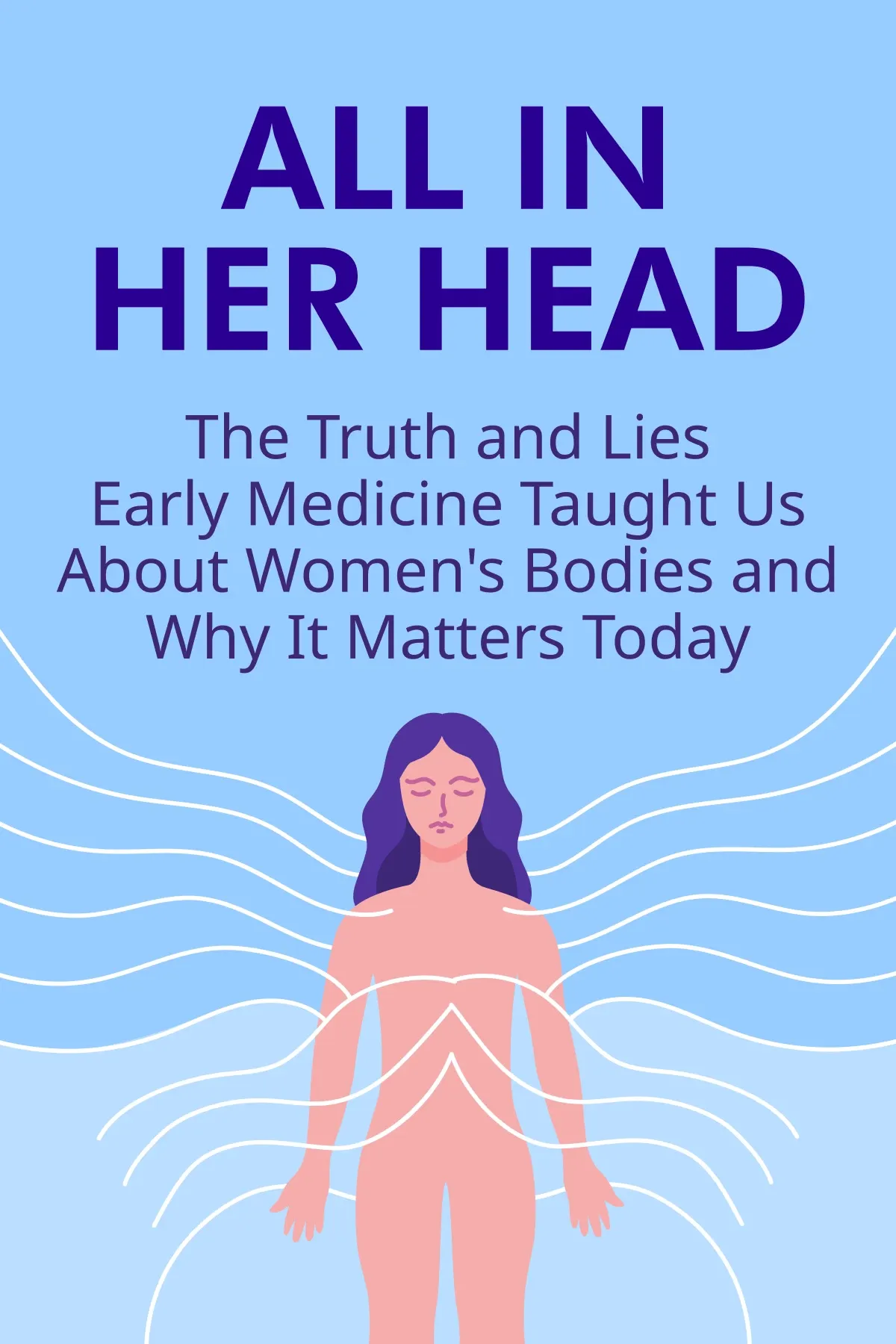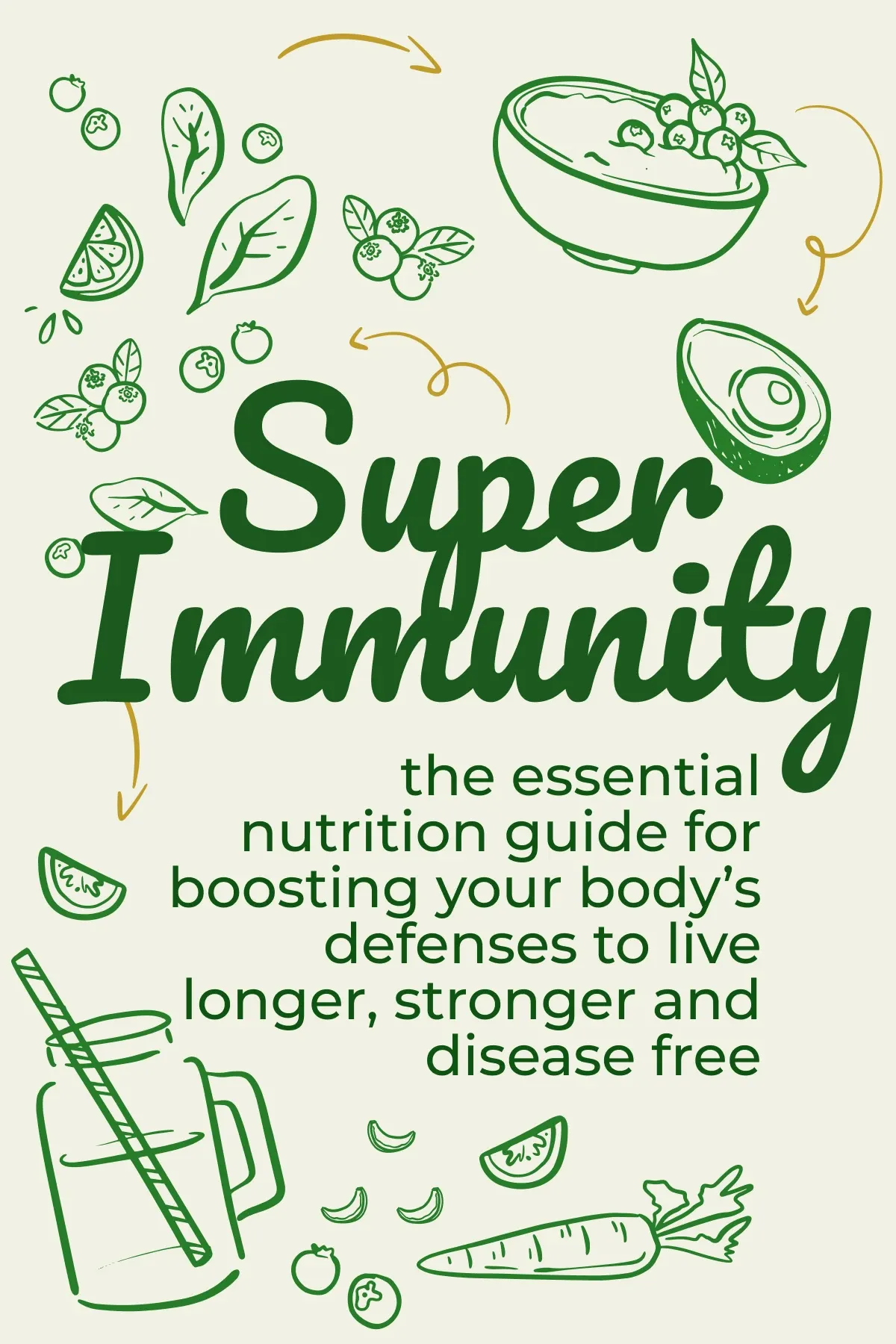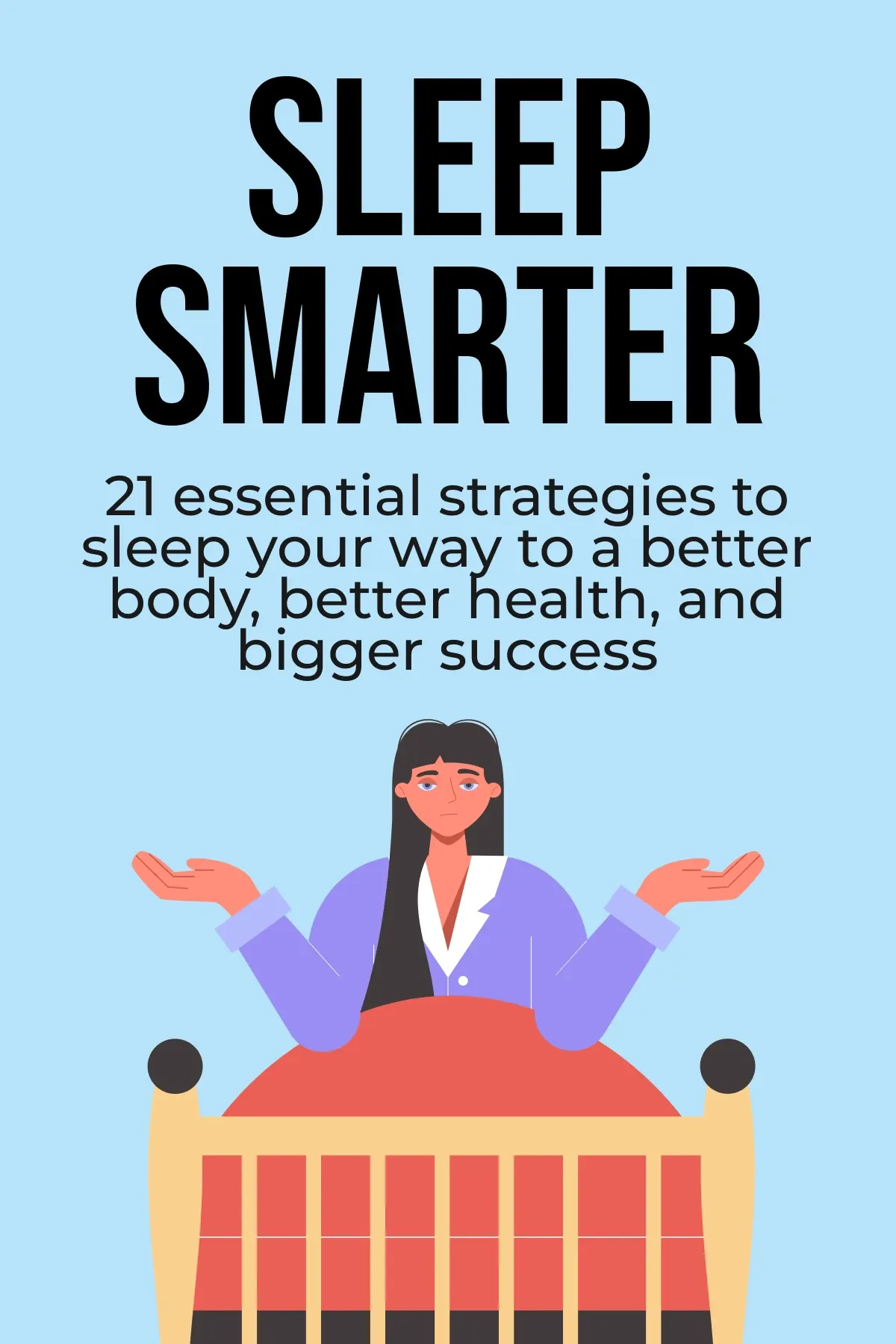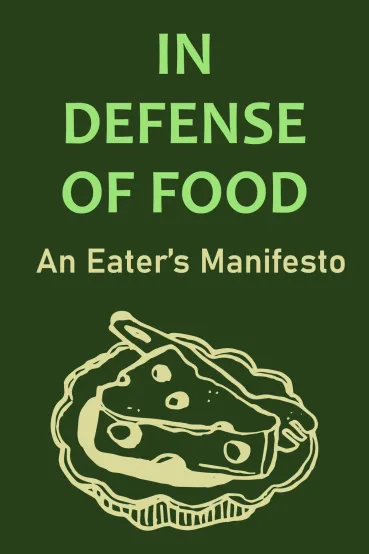
In Defense of Food
Brief Summary
In the pursuit of slim and fit figures, people have become addicted to various diets. To live up to standards, many limit themselves to eating only low-calorie foods, but few do it right. In his book “In Defense of Food,” Michael Pollan debunks myths about nutrition and explains how to consume food in a healthy and beneficial way.
Topics
Key points
Key idea 1 of 6
The concept of nutritionism has become mainstream in the field of healthy eating. This approach helps us organize our food intake by breaking it into nutrients such as fats, carbohydrates, proteins, and antioxidants. These terms are often used when discussing dietary patterns for weight loss or gain. However, while nutritionism aims to simplify our understanding of food, it can complicate our relationship with what we eat.
Nutritionism indicates which amounts of nutrients are beneficial for the body and which are not. In favor of a seemingly healthy diet, we give up delicious food and natural products, following what the scientific approach dictates. Yet, adhering strictly to nutritionism does not guarantee better health and can cause a number of problems.
One example of this is the duality of our food perception. We deliberately put ourselves in a position of choice, deciding between vegetable and animal proteins, fats and carbohydrates, and so on. This constant decision-making process can take the joy out of eating. Another issue is the inaccuracy of scientific experiments related to food. Due to misleading information, we may not balance our diet properly.
Additionally, food imitations that closely resemble organic products have become widely consumed. Although these are claimed to improve health, this is not entirely true in practice. When it comes to choosing authentically healthy foods, the presence of such products only confuses people. Many experts also assume that the nutrients in all the food we consume can be reduced to their sum. However, this statement is not scientifically supported.
Other myths of nutritionism include equating healthy eating to a narrow definition of physical well-being and the need for expert advice to develop a proper diet. Dieticians claim that synthetic and natural foods are similarly nutritious, and they promote the separation of nutrients into those that improve health and worsen it. Unfortunately, this ideology prioritizes corporate profits over our well-being.
FAQ
You may also like these summaries


